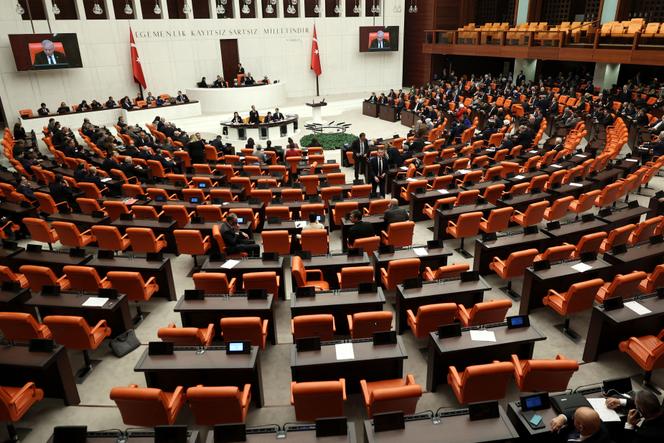


Turkey's parliament on Tuesday, January 23, ratified Sweden's NATO membership after more than a year of delays that upset Western efforts to show resolve in the face of Russia's war on Ukraine. Lawmakers voted 287-55 in favor of the Nordic nation's bid to become the 32nd member of the alliance after it won the public backing of President Recep Tayyip Erdogan.
The Turkish leader is expected to sign Sweden's ratification document and conclude Ankara's role in the protracted saga in the coming days. "Today we are one step closer to becoming a full member of NATO," Swedish Prime Minister Ulf Kristersson said on social media after the vote.
NATO chief Jens Stoltenberg also welcomed the move – and urged Hungary to do the same. "I also count on Hungary to complete its national ratification as soon as possible," he said, adding that "Sweden's membership makes NATO stronger and all of us safer." Turkey's green light leaves Budapest as the last holdout in an accession process that Sweden and Finland began in response to Russia's invasion of Ukraine nearly two years ago.
Ankara forced the northern neighbors to split up their applications after finding fault with Sweden and approving Finland after a few rounds of talks. Finland's membership last April doubled the length of NATO's border with Russia and boosted the defenses of three tiny Baltic nations that joined the bloc following the collapse of the former Soviet Union.
Sweden and Finland pursued a policy of military non-alignment during the Cold War era between the Soviet Union and the West. But the Ukraine war upturned geopolitical calculations and forced the two to seek the nuclear protection afforded by the world's most powerful defense bloc.
Hungarian Prime Minister Viktor Orban on Tuesday invited his Swedish counterpart to Budapest to discuss the bid, although hints emerged of strains between Stockholm and Budapest.
Orban and Erdogan have maintained good rapport with Russian President Vladimir Putin throughout the Ukraine war. NATO leaders had feared that the Kremlin was trying to use the two mercurial leaders – both regular visitors to Moscow – to seed divisions in the West.
The bloc's commanders have cast the latest round of expansion as a show of Western resolve in the face of Russia's aggression.
